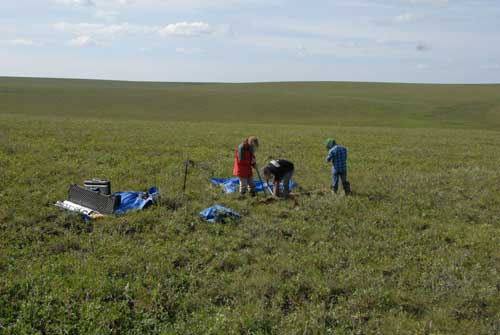
John Glenn, the first U.S. astronaut to orbit the earth, has died at age 95, officials said Thursday.
Glenn had been admitted more than a week ago to Ohio State University’s James Cancer Hospital, according to the John Glenn College of Public Affairs.
“When John Glenn blasted off from Cape Canaveral atop an Atlas rocket in 1962, he lifted the hopes of a nation,” a White House statement said. “With John’s passing, our nation has lost an icon and Michelle and I have lost a friend.”
He was the last surviving member of a group known as “the Mercury Seven” — seven military test pilots selected in 1959 to become America’s first astronauts.
After serving as a military pilot in World War II and the Korean conflict, Glenn was a test pilot on U.S. Navy and Marine Corps jet fighters and won a place in the first class of U.S. astronauts assembled by the National Aeronautics and Space Administration, or NASA, in 1958.
Glenn became the first U.S. astronaut to orbit the Earth, flying a ship called the Friendship 7 around the world in a nearly 5-hour flight on February 20, 1962.
Much later, he became the oldest man to fly in space in 1998, as a crew member on the U.S. space shuttle Discovery.[xyz-ihs snippet=”adsense-body-ad”]Glenn also had political aspirations, running as a Democrat for a U.S. Senate seat for Ohio in 1964. He was unsuccessful, but won a seat 10 years later, defending attacks on his military record in comments that came to be known as the “Gold Star Mothers” speech.
During the Democratic primary race for the Senate in 1974, opponent Howard Metzenbaum accused Glenn, a career military man, of never holding a real job. Glenn retorted, “You go with me to any Gold Star mother (a mother whose child has died in active U.S. military service) and you look her in the eye and tell her that her son did not hold a job.”
The speech is credited with giving Glenn the edge over his competitor in the primary, and he went on to win the Senate seat. He remained a member of the U.S. Senate until 1999, and was the oldest living former member of the Senate until his death.
Glenn made his final trip into space in 1998, while still a senator, after persuading NASA to send him on a space shuttle flight. He was 77 at the time and became the oldest man ever to fly in space. His participation in the 9-day mission was criticized by some as folly, but supporters said it provided valuable data on the effects of space flight on an elderly person, as well as providing data that could be compared with Glenn’s space flights from three decades earlier.
After leaving the Senate, Glenn helped to found a public service school at The Ohio State University, which later became the John Glenn College of Public Affairs.
Catapulted into the spotlight by the 1962 space flight, Glenn went on to win numerous accolades, including honorary degrees at a number of universities, the Woodrow Wilson Award for Public Service, a U.S. Senate public service award, and the Presidential Medal of Freedom.
Source: VOA
[xyz-ihs snippet=”Adsense-responsive”]





